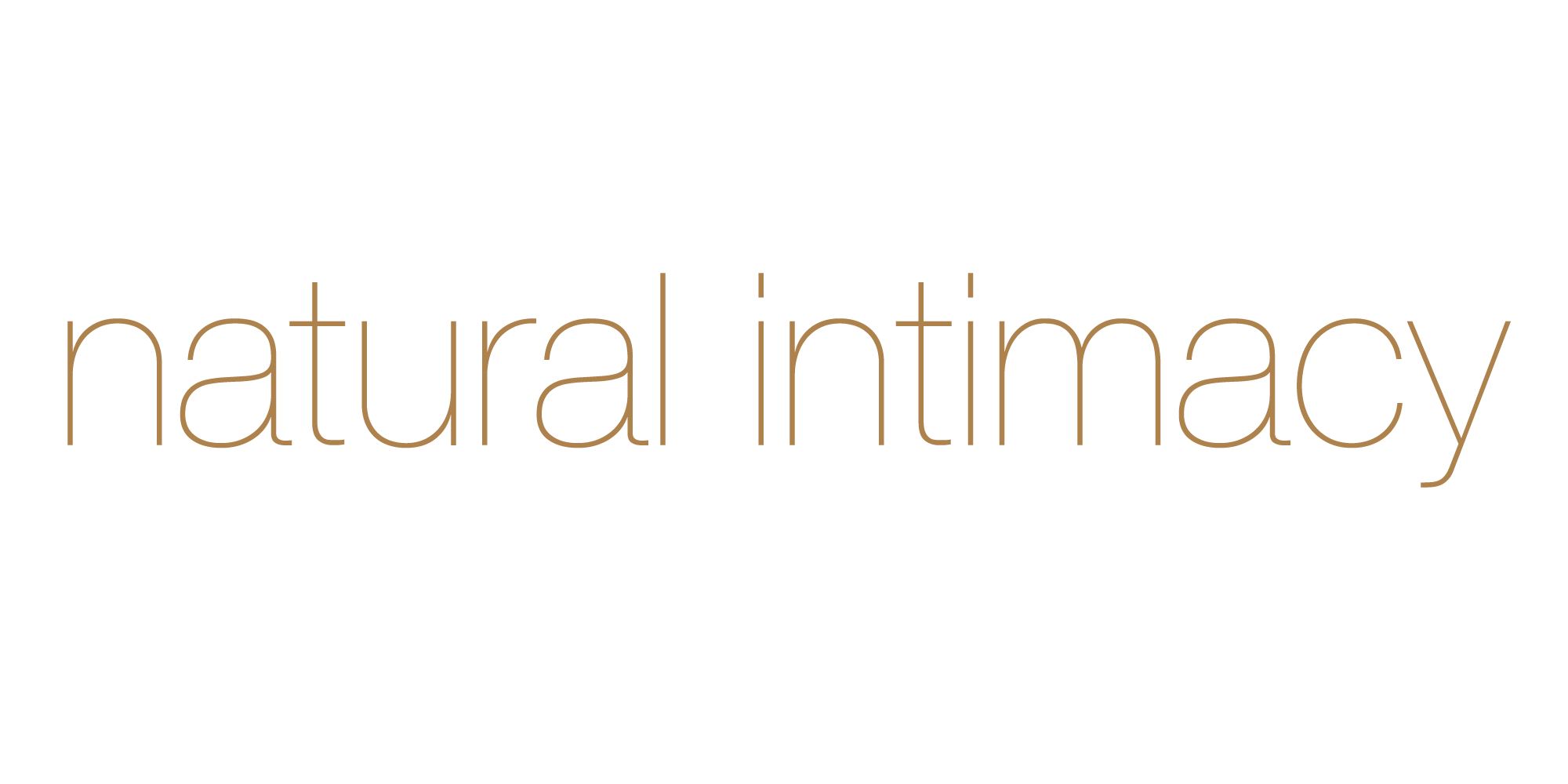Thankfully these days we can see a large uptick in plastic free products becoming available on the market. Hopefully this develops from a trend to become the norm.
Like so many other things that our consumer orientated brains process, as thoughtful consumers we get that warm fuzzy feeling inside when we place our plastic free product into our shopping trolley or add it to our online shopping cart, knowing we’ve taken another little step in saving our planet.
And then what happens next? Maybe we go to the checkout and buy yet another ‘bag for life’ to take our shopping home in. Maybe we remembered to bring one of the others we already had.
Paper ‘grocery’ bags are a nice option at the till, we repurpose ours to collect our paper for recycling. Maybe we just pay the cost of buying a single use plastic bag, comfortable in the knowledge that the 10 pence tax that we pay for the bag goes to finance a big plan to save the planet and undo all of the harm we did on our weekly shop. Like buying an Indulgence (note, I’m talking of the Church based Indulgences, not the chocolate bars next to the till).
A similar scenario is played out with online purchases. A few weeks ago I bought a plastic free product online only to have it delivered in a very large polylope. Had the product been fragile I’m sure that a plastic bubble envelope would have been used too.
We all have many examples and anecdotes of these green fails. Perhaps on closer inspection the stocking of a few ecological products by a store is really just green washing. Either way, being able to chose a product because it’s actually available is only part of the battle, getting it home is another.
Here at Natural Intimacy we press hard to get localised distributors for our plastic free products but we also sell through our online stores. So naturally we had to take a careful look at how we could ship without using plastic.
Paper bags and cardboard boxes, sounds easy enough, right?
When you actually try to prepare a package for shipping you’ll realise that you’re reaching for the sellotape to close it all together. Regular sellotape can’t be recycled so we sourced some cellulose tape as a nice alternative but it just isn’t the same, was really lightweight and the receiver of the package still has to remove all of the tape to allow the cardboard box to be recycled.
So we found a lovely solution, a thick, heavy paper tape which is sticky, allowing us to tape the boxes closed and won’t contaminate the recycling bin if it’s not removed by the receiver.
It’s actually a bit tricky to work with at the start. The tape comes in a roll and has the dry adhesive on one side which needs to be damp to become sticky. Water and paper packaging isn’t a good mix but we soon worked out a clean and efficient process, actually using one of our natural sponges to evenly apply the water to the tape.
Then by using self sticking, paper shipping labels which also help keep everything together we had our strong and sturdy, plastic-free shipping set up.
Small details, very simple, very logical but constantly over looked.
It’s not difficult for others to adopt. Why not forward this post to any company you find shipping out plastic free products in plastic polytopes and plastic bubble wrap envelopes!
To find where to order our delightful, ethical products, click here.

For two decades David has been the owner and director of several marketing and distribution companies. During this time he has learned the indisputable benefits of looking after customers, colleagues, workers, suppliers and the local community, treating them all as respected stakeholders in a common project. Recently he consolidated his personal beliefs and business ethics by founding and developing several ethical companies.




